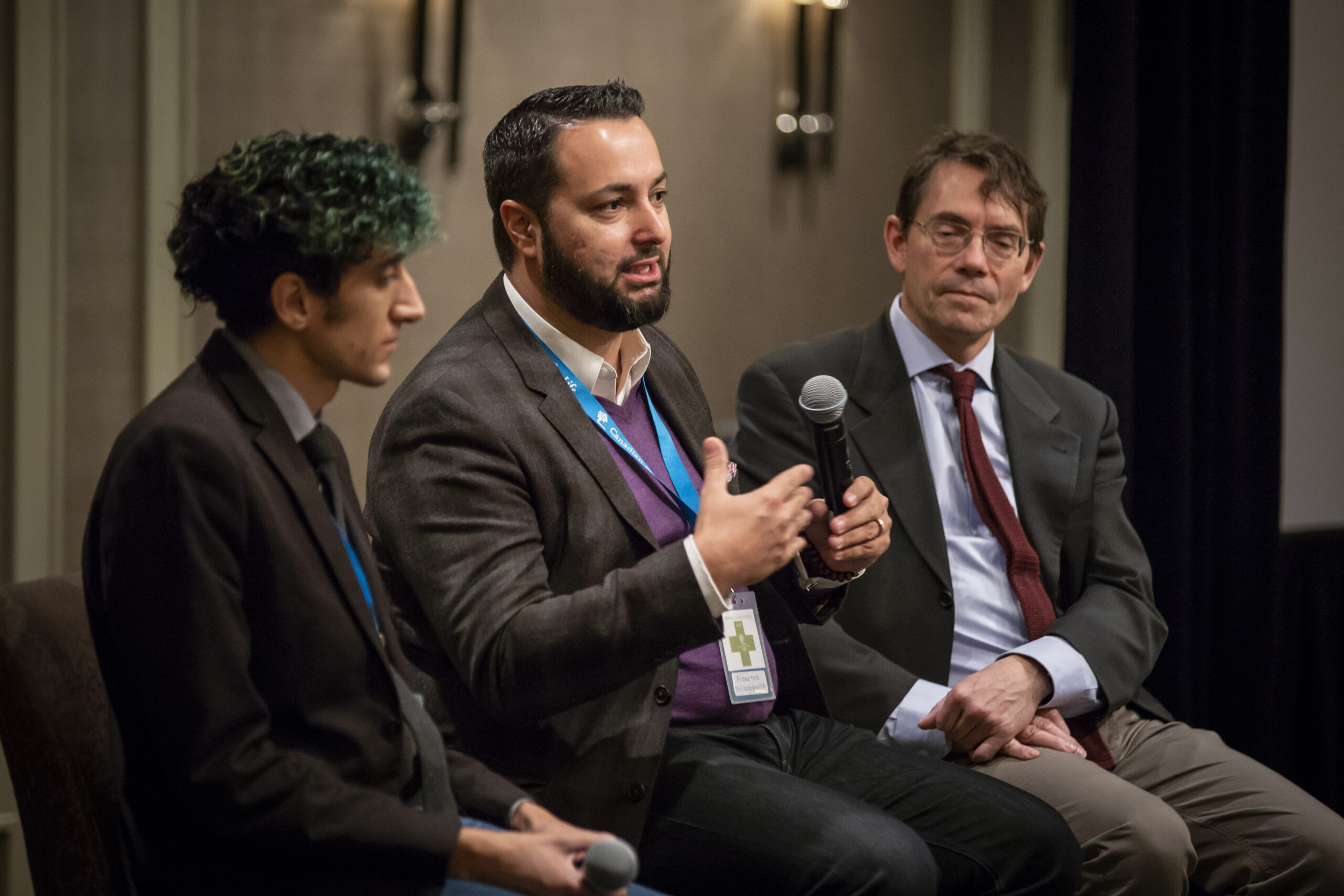
Open Letter to all Members of Parliament regarding Bill C-233, An Act to amend the Criminal Code (sex-selective abortion)
Bill C-233 has presented us with a unique opportunity in Canadian politics where all political parties can unite to expand women’s rights and save Canadian lives.
In my work as a physician and a human rights activist, I have come to realize that those who advocate for human rights have far more in common with each other than what traditionally divides them by party lines. On the issue of sex-selective abortion, this becomes abundantly clear. The Liberals and the Bloc Quebecois conceded that they do not support sex-selective abortion, yet they joined the NDP in opposition to this bill.
I had the opportunity to watch the House of Commons debates on Bill C-233, and many of the arguments made against the bill are not substantive or reasonable:
- The bill was criticized for not addressing other social issues. One bill can not possibly address every social issue encountered by Canadians.
- The bill was purported to be an attempt to address abortion broadly. The bill is, however, limited in scope and specific in its purpose: to prevent sex-selection abortion.
During the debate, many female Members of Parliament in particular professed that they could not support sex-selection abortion, but that they were also firmly committed to opposing any legislation which would prohibit this practice.
As a physician and a woman, I asked myself how they could adopt such an irreconcilable position.
I cannot assume to know the minds of these women. But I am lead to believe that they oppose sex-selective abortions for the same reason I do: it is a globally recognized human rights violation.
The female pre-born children at the heart of this Private Member’s Bill are not theoretical beings. They are not “blobs of tissue.” They are the very youngest females in Canada who are being aborted because they are indeed female.
It is true that women’s rights were hard-won and that the work of advancing women’s rights is not yet done. We do not live in a world where all women have basic rights. When considering the overwhelming public support for this bill among Canadian women, it is unreasonable to argue that it is because some women do not support women’s rights. Women support this bill because they want rights extended to all women, including the littlest of our sisters.
Why then would parliamentarians oppose this bill? I suspect they fear that if this bill is made into law there will be other scenarios where abortion is considered unacceptable. To be clear, this bill does not impose any other restrictions on abortion.
There are two conditions that must be met to perpetuate human rights violations. First, the victims must be largely unseen by society. Secondly, those in power must not identify with the humanity of the victims. Sex-selective abortions meet both criteria. According to evidence published in peer-reviewed Canadian medical journals, sex-selection abortion does occur in Canada. It is disingenuous for any parliamentarian to claim this is not a Canadian atrocity.
In 2011, the World Health Organization released the interagency statement Preventing gender-biased sex selection. This document clearly outlined the terrible consequences of sex-selective abortions. It concluded that “Imbalanced sex ratios are an unacceptable manifestation of gender discrimination against girls and women and a violation of their human rights.” The statement made clear that legislation in isolation does not solve the problem of imbalanced sex ratios. However, it is misleading to claim that legislation prohibiting sex-selective abortions is ineffective; it is a critical requirement in a multifaceted approach to ensuring equal rights for women and girls. We cannot profess to defend women’s rights while refusing to extend them to all girls. Our current lack of legislation undermines our human rights advocacy, both domestically and internationally.
One MP claimed that this bill co-opted human rights language. This is not the case. The WHO, the office of the High Commissioner for Human Rights (OHCHR), UNFPA, UNICEF, and UN Women all support the interagency statement (https://www.unfpa.org/sites/default/files/resource-pdf/Preventing_gender-biased_sex_selection.pdf) that assert sex-selective abortions are a human rights violation. The statement also makes reference to such as being “harmful and unethical.”
As you consider this bill, I would ask for your honest reflection. I understand that you may be under pressure by your party’s members or leadership to vote in a certain manner. However, every human right we have today is the result of honesty and bravery. Supporting this bill may require both, at intellectual and moral levels.
The youngest females amongst us cannot advocate for themselves, so we must. I ask you to choose unity, life, and defense of the defenseless. In the words of Nelson Mandala, “May your choices reflect your hopes, not your fears.”
I remain grateful for your service.
Sincerely,
Dr. Kiely Williams, MD. CCFP
Board Member, Canadian Physicians for Life
You Might Also Like
Follow US:




